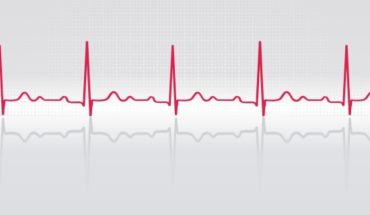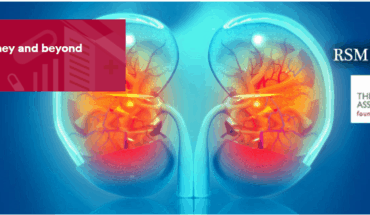Patient safety is an essential component of healthcare quality and has become a topic of increasing focus at all levels of the health system, domestically and internationally. In the UK, the focus on patient safety has never been stronger. In the past five years, a number of important milestones – the NHS Constitution; the Five Year Forward View; recent high-profile expert reviews from Sir Bruce Keogh, Sir Robert Francis, and Dr Don Berwick; the establishment of a new arms-length body, NHS Improvement, which consolidates the mandate to improve safety across NHS England into one organisation; and the introduction of a statutory duty of candor – have catapulted the patient safety agenda to the forefront of UK healthcare.
Most recently, the Patient Safety Global Action Summit in March this year – jointly hosted by the Department of Health, the World Health Organisation (WHO) and the NIHR Imperial Patient Safety Translational Research Centre (NIHR Imperial PSTRC) – invited the global health community to kick-off a global movement for patient safety. The aim? To catalyse coordinated global action to reduce avoidable harm caused to patients receiving health care around the world. The global burden of this avoidable harm was highlighted in recent figures from the US which shed light on the scale of medical error caused by unsafe care, most of which takes place in low- and middle-income countries.
So, the case for a comprehensive strategy to reduce the toll of avoidable harm is clear. It requires a multifaceted, multidisciplinary and evidence-based approach. There is no single ‘miracle solution’, rather a carefully designed strategy underpinned by innovations in workforce training and education.
Educational advancement has always been central to the medical profession although the nature and substance of training has varied throughout history. As Abraham Flexner, an American educator, famously said in his 1925 monograph on medical education: “From the earliest times, medicine has been a curious blend of superstition, empiricism, and that kind of sagacious observation which is the stuff out of which ultimately science is made… The general trend of medicine has been away from magic and empiricism and in the direction of rationality…’’ So, given the undeniable quality, moral, and economic cases for patient safety, is seems very rational that healthcare professionals – acting as the guardians of healthcare quality and safety – should ensure their colleagues and patients are equipped with the necessary knowledge, skills and confidence to make improvements on the ground.
Indeed, in October this year, the first cohort of post-graduate students will begin a similar journey via Imperial’s new Masters Programme in Patient Safety co-designed and co-delivered by the NIHR Imperial Patient Safety and Translational Research Centre (PSTRC) and the Institute of Global Health Innovation’s Centre for Health Policy.
This exciting collaboration leverages the deep, topical expertise of the NIHR Imperial PSTRC, which is one of two academic translational research centres in England dedicated to patient safety, and the international policy network of the Centre for Health Policy.
Much has gone on behind the scenes in the last two years to prepare for the launch of this new programme. We first looked to the literature for evidence of what has worked in the past, not just in England, but also across other health systems. We then spoke to some of the most studied minds and organisations in the field – those leading the revolution in patient safety and medical education globally.
Our findings were pertinent for providers of education (i.e. higher educational institutions and providers) as well as for healthcare service providers. If I were to synthesise two lessons, they would be: 1) there is a tremendous number of innovative educational programmes happening in local health economies, which need to be measured, supported, and scaled-up, if relevant; and 2) high-quality education and training is a crucial ingredient, but it’s contingent on there being a culture of transparency and learning. It is simply not enough to send our workforce to attend training events, only to return to the same institutional barriers of fear and the entrenched ‘ways of doing things’; we must make sure our organisations adopt a culture of learning so that whatever seed is planted through training, it is able to blossom in practice.
In essence, I firmly believe that high-quality education and training is part of the holistic strategy needed to reduce avoidable harm around the world. As the Chair of the new MSc in Patient Safety at Imperial College London, we’re doing our part by translating our findings from our research programme into practice. Indeed, key features of the programme – from the target composition of the student body to the different types of teaching methods – have been informed directly through collaborations with Health Education England. We have also assembled an excellent team of experts as lecturers – those with academic, political and real-world experience backing them. In addition to acquiring the knowledge and required skills, students can expect to emerge from the programme with a new network to drive change, and a deeper and wider understanding of safety.
Further information about the course can be found on the Imperial College website.
- First Masters in patient safety - 31st May 2016








It sounds like a fascinating program and your comments are in line with the vision of Osler Technology. Could you advise a contact at imperial college that we could speak to about partnering?
Also you and your reAders are invited to take our survey about professional and clinical skills development among doctors and nurses at
http://Www.survey.osler.tech
Your opinions would be very valuable